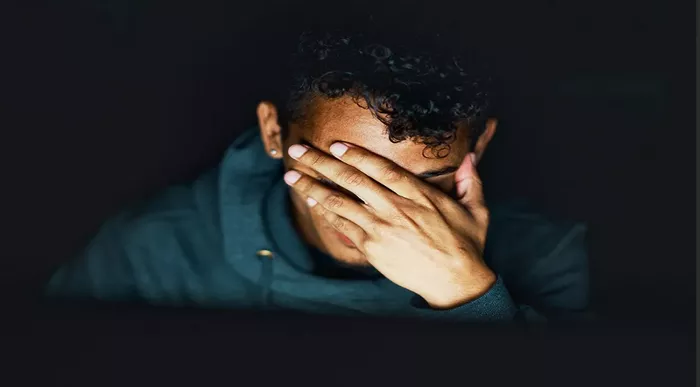Minnesota’s addiction and mental health service providers are grappling with uncertainty after the federal government moved to rescind $27.5 million in grants intended to support critical programs. The proposed cuts, aimed at 85 programs across the state, have already led to disruptions in services such as school-based substance abuse counseling and mental health hotlines.
The Trump administration’s decision to cancel the funding, which was allocated during the COVID-19 pandemic, has sparked significant concern among Minnesota providers who rely on the grants to operate essential services.
However, a recent legal victory temporarily blocked the cuts. A U.S. district judge ruled in favor of a lawsuit filed by Minnesota, along with 22 other states and the District of Columbia, granting a temporary restraining order to prevent the funding from being rescinded. Despite this, the legal battle is ongoing, and providers are left uncertain about the future of their funding as they continue to face financial instability.
Strain on Vital Services
One of the most impacted services is the “warmline” operated by Wellness in the Woods, which provides peer support to individuals dealing with mental health or addiction issues. CEO Jode Freyholtz-London explained that the warmline, which receives up to 100 calls per day, is designed to help prevent people from reaching a crisis point. Unlike traditional crisis lines, the warmline offers ongoing support and is the only service of its kind available overnight in Minnesota.
Though the organization has not shut down the warmline, Freyholtz-London said it is now operating with a “skeleton crew,” meaning some callers may struggle to get through. To maintain services, Wellness in the Woods is urging state lawmakers to restore the funding that was frozen in late March.
“We’re keeping the warmline open, but it’s difficult,” she said. “The need is there, and we just don’t have the resources.”
Impact on School-Based Programs
In Forest Lake and Hastings, Canvas Health had been using the federal grants to embed social workers in local school districts, where they helped about 60 students struggling with substance use or coping with a parent’s substance abuse. However, with the funding now on hold, these services have been cut.
Canvas Health CEO Khu Thao expressed concern over the abrupt nature of the cutbacks, noting that the lack of school-based substance abuse services creates confusion and stress for both students and staff.
“Without this funding, there will be individuals who fall through the cracks,” Thao said. “We’re trying to redirect students to other services, but many of them don’t have insurance, and that will create additional barriers.”
The loss of these school-based services also has broader implications. In St. Paul, the Wilder Foundation’s mental health and substance use programs in public schools have been similarly affected. Pahoua Yang, vice president of community mental health and wellness at the Wilder Foundation, emphasized the risks posed by the loss of these critical services.
“Canceling these programs directly threatens student and family safety,” Yang said. “We lose critical education on substance abuse risks and how to get help, which are key to keeping our communities safe.”
Ongoing Legal and Political Struggle
The federal government’s attempt to claw back $11 billion in public health funding nationwide is part of a broader effort by the Trump administration to end what it describes as pandemic-era spending. The U.S. Department of Health and Human Services (HHS) stated that it “will no longer waste billions of taxpayer dollars responding to a nonexistent pandemic that Americans moved on from years ago.”
However, Minnesota’s Attorney General, Keith Ellison, and other state officials have strongly opposed the cuts, arguing that they would undo years of progress in mental health and addiction support. The state is closely monitoring the court case, hoping that the temporary restraining order will hold and the funding will be fully restored.
“The temporary restraining order is a positive step, but we still don’t know what the final impacts will be,” said Teresa Steinmetz, Minnesota’s assistant human services commissioner. “While we have won this round, the legal process will take time.”
As the legal battle continues, Minnesota’s service providers are left in limbo, struggling to keep their programs running amid the uncertainty. The cuts, if ultimately upheld, would have a far-reaching impact on the state’s most vulnerable residents, particularly those struggling with mental health issues and addiction.


